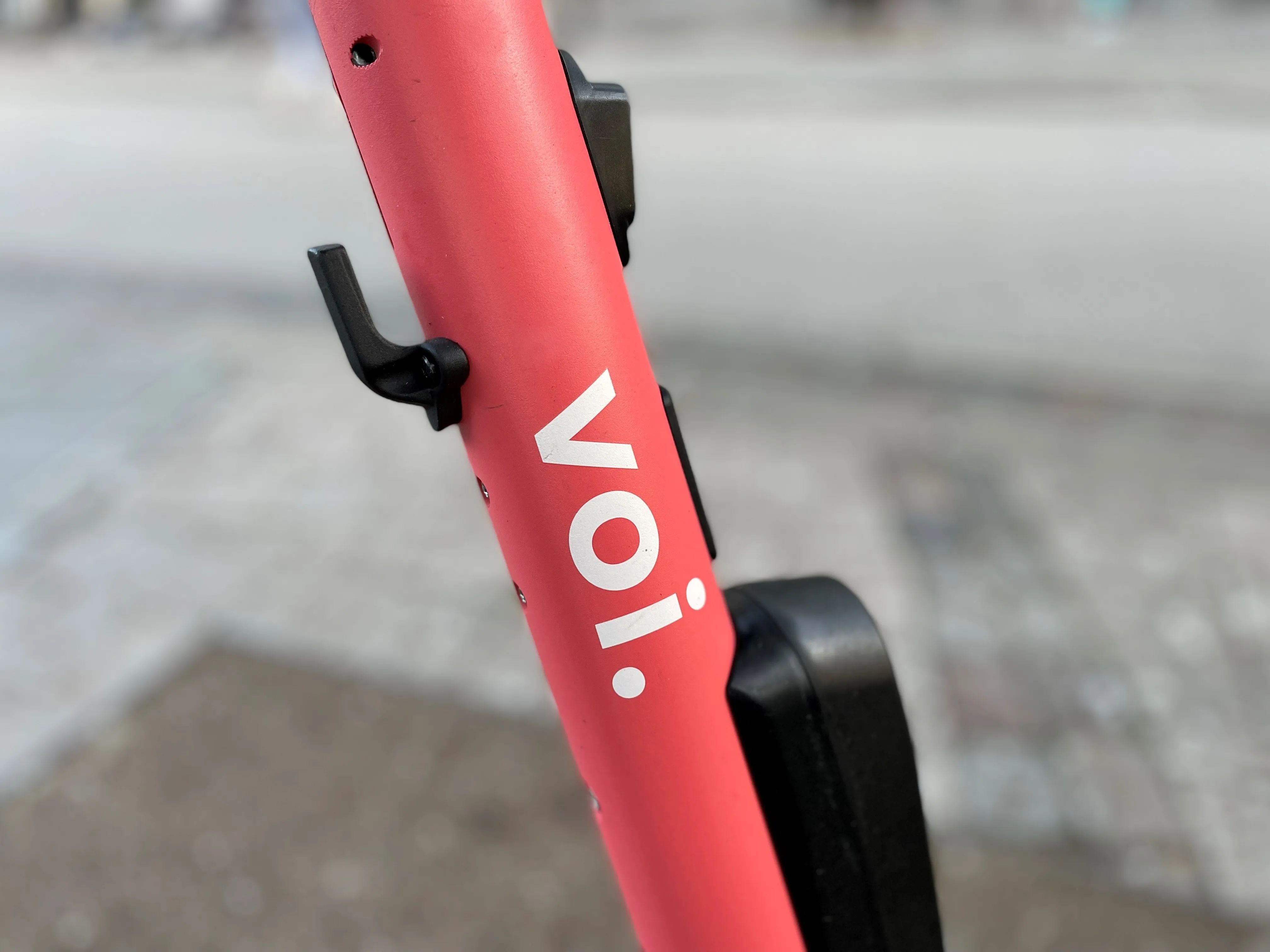Ballard Power Systems will deploy 40 FCveloCity-HD fuel cell modules to power buses as part of the Joint Initiative for Hydrogen Across Europe (JIVE) funding programme. The transaction stems from an order placed by bus manufacturer Van Hool in Belgium.
Initial shipments of the modules are expected later this year. Van Hool plans to deploy 30 buses in Germany with the Regionalverkehr Köln transit agency in Cologne, and the remaining ten buses with WSW Mobil in Wuppertal.
The JIVE projects are intended to commercialise fuel cell electric buses and are supported by €57m in grants from the Fuel Cells and Hydrogen Joint Undertaking - a public-private partnership which supports R&D in these technologies in Europe. The JIVE I programme targets the deployment of 139 fuel cell buses in nine locations while the second scheme aims to utilise 152 buses in 14 locations.
Results of the programmes are expected to demonstrate the readiness of fuel cell buses to bus operators and the economic viability of hydrogen as a fuel to policy makers.
Ballard to deploy 40 fuel cell modules to power buses in Germany
Ballard Power Systems will deploy 40 FCveloCity-HD fuel cell modules to power buses as part of the Joint Initiative for Hydrogen Across Europe (JIVE) funding programme. The transaction stems from an order placed by bus manufacturer Van Hool in Belgium. Initial shipments of the modules are expected later this year. Van Hool plans to deploy 30 buses in Germany with the Regionalverkehr Köln transit agency in Cologne, and the remaining ten buses with WSW Mobil in Wuppertal. The JIVE projects are intended to
May 8, 2018
Read time: 2 mins








